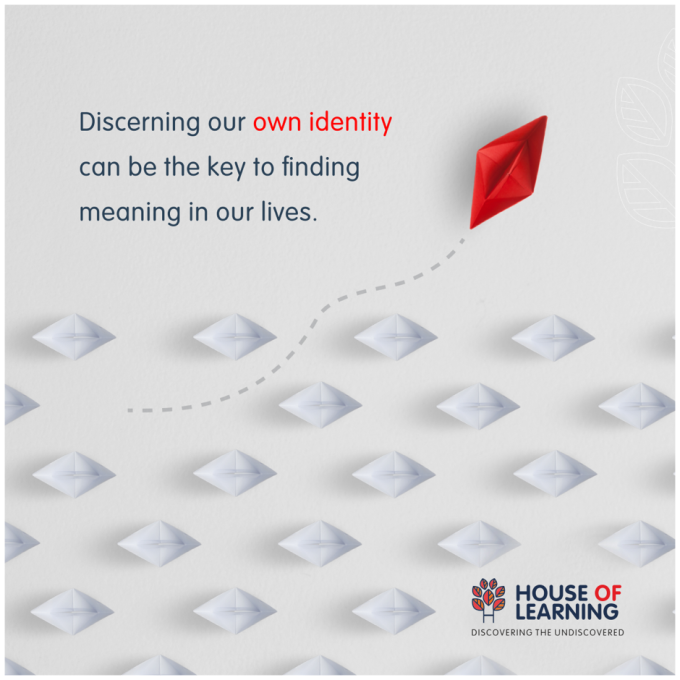While raising children, it is imperative to consider and pre-empt what we are preparing them for.
We ourselves have been raised to follow a system that society has deemed valuable, but have we given enough thought into what is actually valuable to us?
As individuals, we’ve grown up without a lot of exposure to creativity and innovation. We’ve been educated by systems that believe in the need to follow a fixed curriculum and achieve specific goals. But the rigidness of our upbringing and the following of convention throughout our lives has cost us the ability to think about what we want to do and find our own purpose.
We’ve been pushed into an archaic system and have become the cogs that propel its convention, creating a culture that discourages us from embracing our individuality. But it’s time we break free out of this vicious cycle by experimenting and taking risks to learn about ourselves and find new skills.
We must begin to find our identity and listen to the feelings that teach us how to be happy. It’s about diagnosing our individuality; realizing who we are and what we want to do. It is only after we know ourselves; our likes, dislikes, capabilities and interests that we can live life well and then teach children how to grow up to be happy and successful in ways that will be meaningful to them.
In schools, children need to be able to explore what they are good at, but classrooms are still restricted by convention. Children are not offered the opportunity to experience more when they are forced to learn inside the boxes that we call classrooms. A classroom, however you arrange it, whether in rows or in circles, is still restricted by four walls. Children have unlimited potential and capabilities, so why are we restricting them?
Education should not revolve solely around building careers, but it should also account for interests and experiences. When children know what they want, they can search for it and identify what matters to them, this in turn will help them understand what academics they would like to pursue. It enables them to automatically be themselves, feel confident about their dreams and nurture their aspirations. It helps them become the designer of their own lives.
However, this belief should not just be restricted to a child’s education, it should be the core of their upbringing. Children should innately desire to find their own identity and express their feelings without having to worry about conforming and being rejected. It can help them to grow as creative individuals.
Additionally, children should also be taught how to regulate the feedback they receive. People offer perceptions and opinions, but if this feedback is not managed well, it often clouds thoughts and interferes with decisions. Children should learn how to think for themselves and form a mindset that understands their own aspirations. They need to seek out experiences that are complementary to their identity.
Afterall, every experience has an impact on our growth; what we do helps nurture our development. Even if the brain’s development takes place majorly until a child is 8 years old, as stated by many early childhood educators, it is still possible for the brain to continue to learn and develop new skills even at 60 or 70 years of age. According to a theory called neuroplasticity, the brain keeps changing and forming new connections, despite a person’s age.
The focus needs to be put on what stimulus is being offered, irrespective of the age. That is why people who explore, travel and keep changing their ways and environment, grow and learn better.
Even in the case of jobs, those who are exposed to more, learn more. They have the opportunity to leverage the novelty of a new experience.
Every person is born with amazing capabilities, but it is how we nurture their individuality that truly matters. We need to adopt a growth-positive mindset to break away from the conventions that tries to take hold of our lives. There needs to be an emphasis on exploring our individuality and finding our identity if we want to live our lives purposefully and bring meaning to the lives of the children we raise.





Leave a Comment